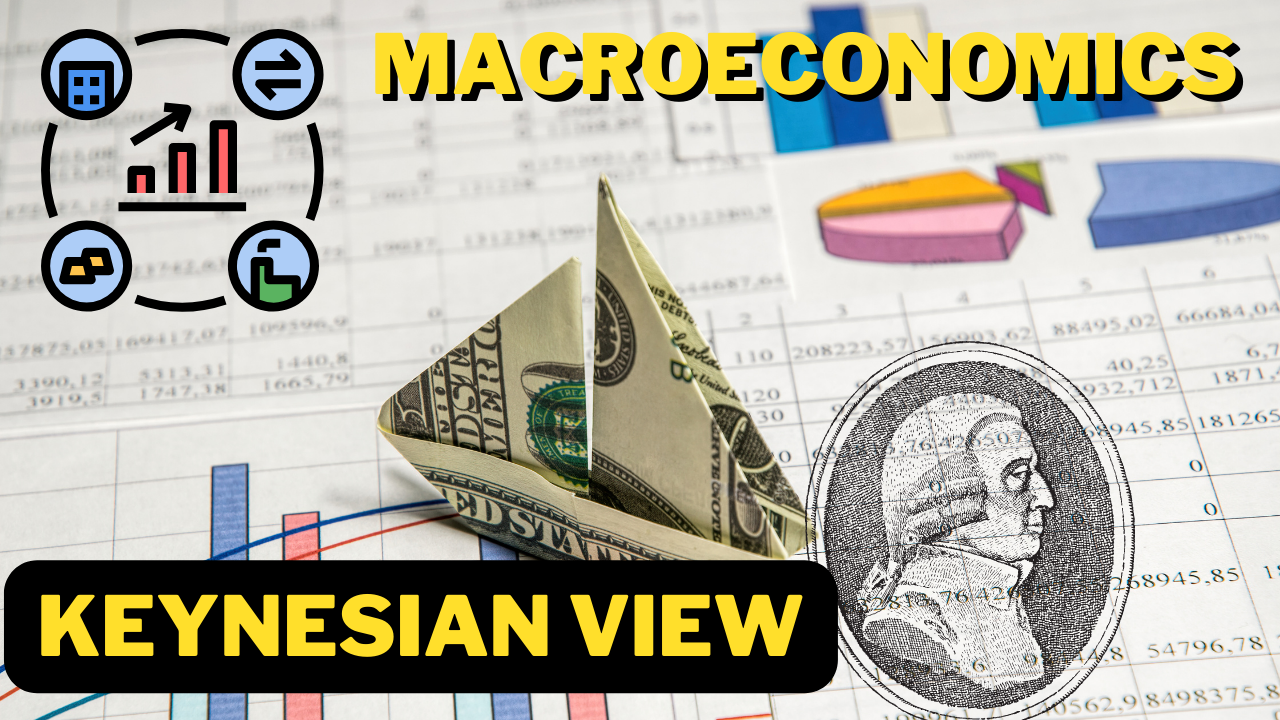Fiscal policy, The Keynesian View and the Historical Development of Macroeconomics.
Fiscal policy refers to the actions taken by the government to influence the economy through spending and taxation. This can include increasing government spending to stimulate economic activity, or decreasing spending and increasing taxes to control inflation.
The Keynesian view, named after economist John Maynard Keynes, emphasizes the importance of government intervention in the economy through fiscal policy to stabilize economic activity and reduce unemployment. According to this view, during economic downturns, government should increase spending and decrease taxes to stimulate demand and boost economic growth.
The historical development of macroeconomics has been shaped by different schools of thought, such as the classical economists, who believed that the economy would naturally adjust to equilibrium, and the Keynesians, who emphasized the role of government intervention. Over time, macroeconomics has evolved to incorporate insights from other fields such as microeconomics, finance, and behavioral economics, leading to the development of new macroeconomic theories such as the New Classical macroeconomics and New Keynesian macroeconomics.
The Keynesian view of macroeconomics has had a significant impact on economic policy, and continues to be an important framework for understanding the role of government in the economy. However, it should be noted that it has also been criticized and alternative theories have been developed over time in response to its limitations.



